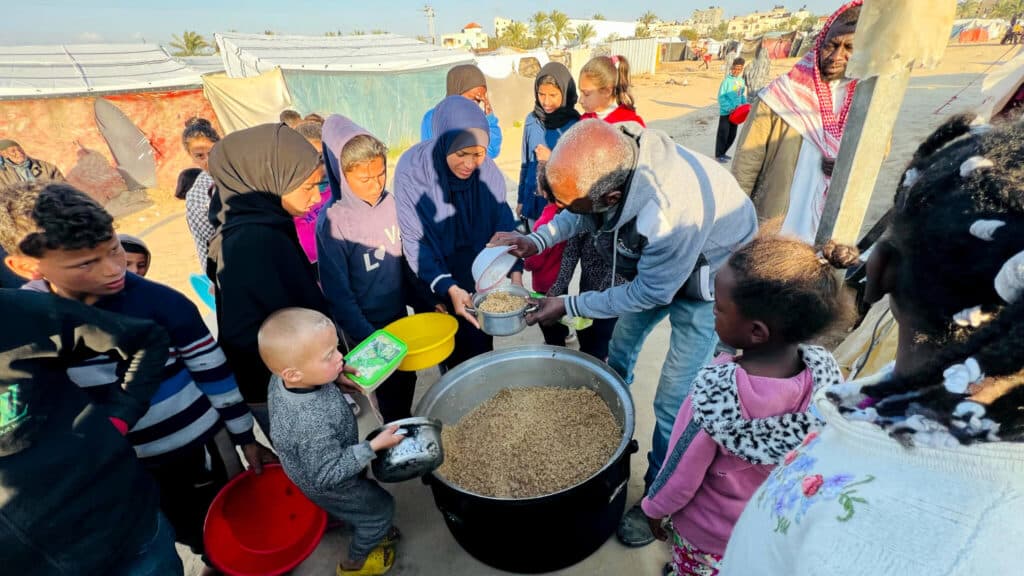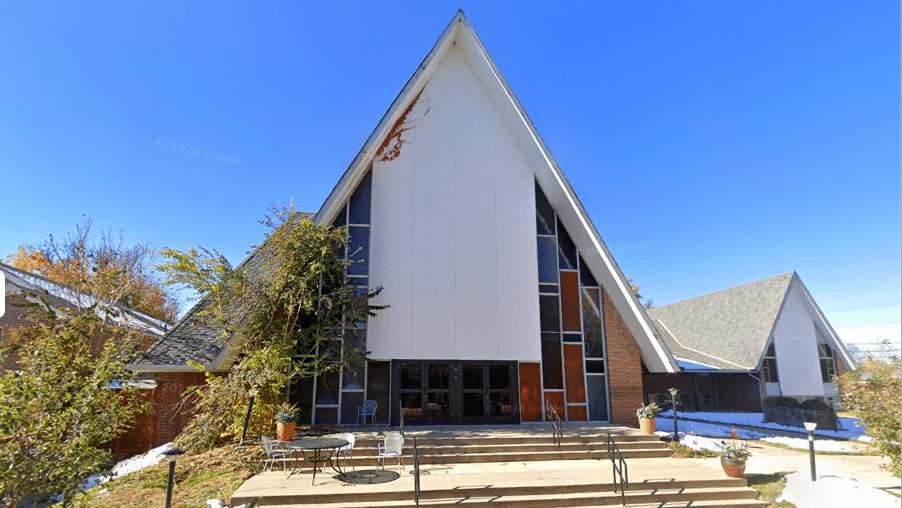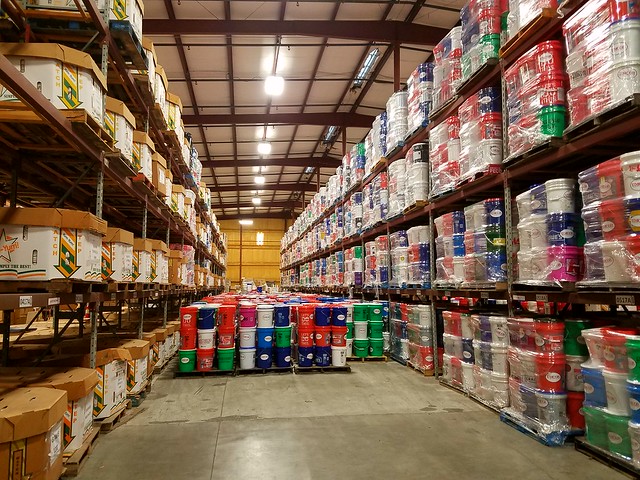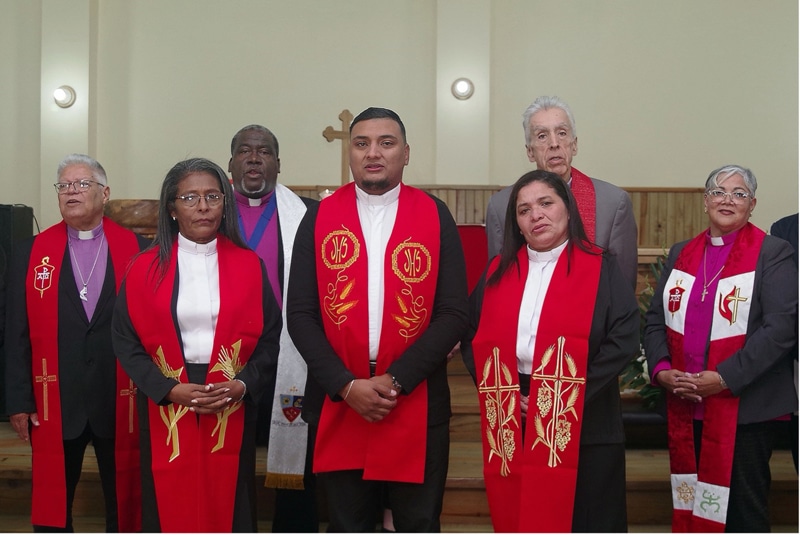NOTE: This story is being updated as new information arrives from Gaza.
It was the first time in weeks that I could feed my children a warm, complete and nutritious meal that contains meat. They were so happy.
Farah*, participant in the UMCOR/IOCC project, Central Gaza
The situation in the Palestinian territory of Gaza worsens each day. “Severe malnutrition is spreading among children faster than aid can reach them,” notes Edouard Beigbeder, Middle East and North Africa regional director of the U.N. Children’s Fund (UNICEF). The World Health Organization (WHO) reported this week that 2.1 million people trapped in the Gaza war zone are facing another killer on top of bombs and bullets: starvation. “We are now witnessing a deadly surge in malnutrition-related deaths,” Dr Tedros Adhanom Ghebreyesus, Director General of WHO, said in a July 23 media release.
Large humanitarian relief operations active in the Gaza strip include the Gaza Humanitarian Foundation, which is operated by Israeli military forces in the south out of Rafah in partnership with the U.S. and the United Nations, which has been in Gaza providing basic necessities, education and health care services with Palestinian partners for many years.
A statement released earlier in the month from the ACT Alliance signed by a hundred faith-based humanitarian agencies states: “Experienced humanitarian actors remain ready to deliver life-saving assistance at scale. Yet more than 100 days since Israeli authorities reimposed a near-total blockade on aid and commercial goods, Gaza’s humanitarian conditions are collapsing faster than at any point in the past 20 months.”
Yet, small, faith-based humanitarian organizations have diligently and quietly provided humanitarian relief – food, water, shelter and health care – in whatever corner of Gaza they find themselves. These agencies have worked in Gaza previously and have contacts within Palestinian communities. As Palestinians are forced to move repeatedly to avoid bombardment and violence, the faith groups move with them.
Humanitarian groups working in Gaza continue to call for peace in the Middle East, and the opening of humanitarian corridors to move relief supplies into Gaza on a scale that would meet the overwhelming need. Even so, they work with what they have.
Basic needs met on site
Currently, the United Methodist Committee on Relief (UMCOR) partners with International Orthodox Christian Charities (IOCC) to bring much-needed food and water rations to Palestinian families in the refugee and displacement camps where they are living. IOCC supports ongoing work in Gaza by partnering with groups that are part of these displacement camps and the communities that host them.
In a camp where many displaced families have found shelter in Central Gaza, IOCC partners with a local youth organization. IOCC contracts with a local commercial kitchen to cook and package hot meals for the camp. This ensures that healthy, fresh food is distributed, minimizing contamination and spoilage. The youth organization met with people residing in the camps to find those most in need of food – women and children – so they could receive food with minimal complications. A food distribution coordinator and chefs were recruited to run the operation. More than 3,500 beneficiaries received daily meals for several months.
Aid that comes in the form of food boxes generally containing flour, legumes and cooking oil can be helpful to some, but displaced families often have no way to cook the food, no pots or utensils, and lack enough clean water to prepare a meal. By using a commercial kitchen close by, IOCC takes the food to families who come to an organized central, safe place in their camp to eat or to pick up food without confusion or fighting and with assurance there will be enough for today and tomorrow. This method also provides work and therefore income for workers in the host community.
Hana*, a 34-year-old mother of five, once lived a modest but stable life in Al Jadeed at Al-Nuseirat Camp with her husband and children. Their house was destroyed, and her husband was injured last year. With no stable source of income and limited aid, Hana’s greatest fear is not being able to feed her children.
“My children would go to sleep hungry, and I had no way to promise them a meal the next day. The war not only destroyed our home, but it also took away our dignity and ability to survive,”Hana said.
She recalls the moment she received the first meals for her children from the UMCOR/IOCC program: “It was the first time in a long time that I saw my children eat a full, warm, and nutritious meal. I was relieved because I knew they wouldn’t sleep hungry that night.”
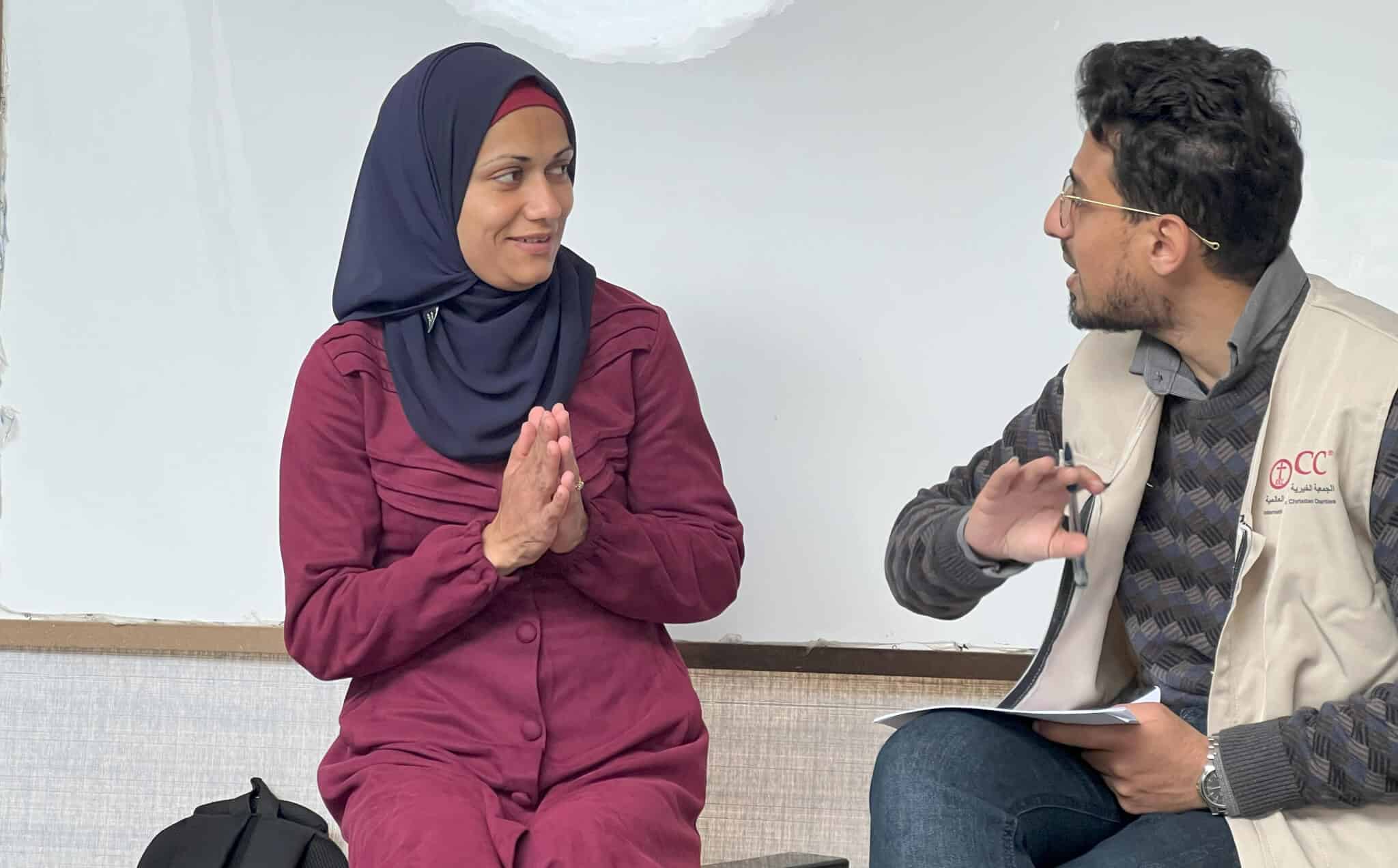
The quotes from Hana and Farah above are from IOCC staff who invite the recipients to sit down and talk with them, asking for their help to evaluate the relief operation. This gives both voice and a measure of dignity to those they serve. Even in war time and uncertainty, evaluation and respect are key to successful humanitarian projects.
In addition to the meals provided each day, training sessions on health, nutrition and hygiene helped displaced families reassess their current situations and discover alternative ways to feed their families and keep them healthy once the UMCOR project drew to a close.
Most recent grant in Central Gaza
The program at the IDP camp at the beginning of the year was successful, so UMCOR has doubled its support for IOCC as it opens another relief site in another Central Gaza location. For this project, IOCC is partnering with a Palestinian women’s organization.
This camp hosts a large population of residents and tens of thousands of displaced families. IOCC is concentrating on shelters for the displaced and the women’s group is currently organizing the list of who should receive this aid – those with few resources left – and suppliers of fresh food and the cooking location are being contracted.
IOCC aid will reach 3,700 people in the shelter. Critical food aid, psychosocial support and trauma counseling are goals for this project. Activities for about 2,000 girls and boys are planned to provide relief, time for play and moments of joy for children who have experienced trauma and violence and witnessed the complete destruction of their homes and villages.
Regular sessions of Psychosocial First Aid (PFA) conducted by specialists will be offered to parents and other adults, giving them a safe space for learning, sharing their experiences and strengthening their resilience to the trauma they must survive.
Throughout this crisis, UMCOR finds hope in people working together for the common good and depends on the faithfulness of partners who know the populations they serve. Human dignity, kindness, just methods of distribution and reaching people where they shelter are hallmarks of UMCOR’s work and an expression of God’s love for all people in need.
*names have been changed
Christie R. House is a consultant writer and editor with Global Ministries and UMCOR.
United Methodist Committee on Relief
Founded in 1940, the United Methodist Committee on Relief (UMCOR) is the global humanitarian relief and development agency of The United Methodist Church. A part of Global Ministries, UMCOR works in more than 80 countries worldwide, including the United States and its territories. Working in the areas of disaster response and recovery and migration, UMCOR responds to natural or civil disasters that are interruptions of such magnitude that they overwhelm a community’s ability to recover on its own.
